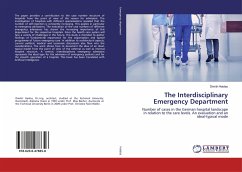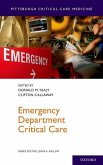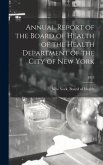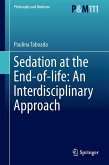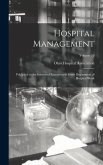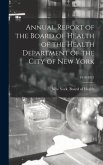The paper provides a contribution to the case number structure of hospitals from the point of view of the reason for admission. The investigation of hospitals with different specialisations revealed that the number of self-reporters is constantly increasing. This applies in particular to emergency admissions. The evaluation of the case numbers of different emergency admissions has shown the increasing importance of this department for the respective hospitals. Since the health care system will face a variety of challenges in the future, this study is intended to gather findings of fundamental importance for the organisation and spatial programme of future emergency care. In addition to architectural aspects, current political, medical and economic discussions also flow into the considerations. The work shows how to document the idea of an ideal-typical model from the point of view of the external as well as internal hospital structure. A central, interdisciplinary emergency admission represents the ideal type for the admission of emergency patients and for the smooth operation of a hospital. This book has been translated with Artificial Intelligence.
Hinweis: Dieser Artikel kann nur an eine deutsche Lieferadresse ausgeliefert werden.
Hinweis: Dieser Artikel kann nur an eine deutsche Lieferadresse ausgeliefert werden.

